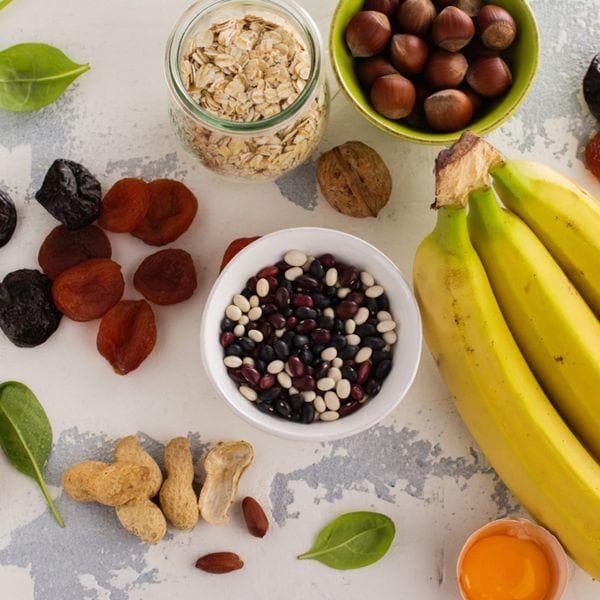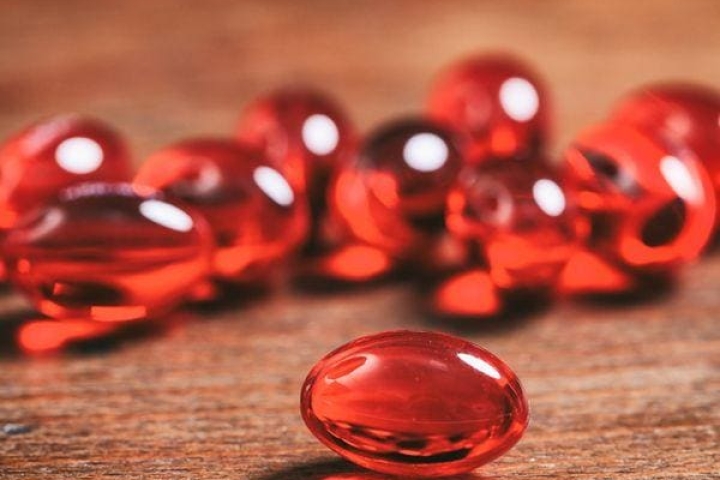What is Potassium Deficiency?
Understanding the Importance of Potassium
When it comes to low levels of vitamins and minerals, it can seem like a popularity contest. You often hear about essential vitamins such as vitamin D, calcium, magnesium, and even vitamin C, including how to boost your levels and regain balance. However, there are underdogs in this narrative worth your attention. Potassium is one such underdog, and understanding its importance and recognizing signs of deficiency is crucial.
What is Potassium?
Potassium is essential for your body's normal functioning daily. It is an electrolyte that aids nerve function and muscle contraction, helps maintain a regular heartbeat, and supports cellular nutrition and detoxification. It has also been linked to healthy blood flow.1
The recommended daily intake of potassium is 4,700 mg. Although this might seem high, achieving this goal is feasible given the availability of potassium-rich foods. Nevertheless, it is possible to consume all the right foods and still experience low potassium levels.
What is Potassium Deficiency & What Causes Low Potassium Levels?
Low potassium, or hypokalemia, refers to potassium levels in the blood that are below the normal range of 3.6 to 5.2 millimoles per liter (mmol/L).2
The most common cause of low potassium levels is increased urination. Vomiting and diarrhea can also lead to significant potassium loss from the digestive tract.
Potassium Needs
Every cell in your body requires potassium to function properly. One of the first signs of low potassium is general fatigue. If you are getting adequate sleep, eating healthily, and exercising but still feel exhausted, you might be experiencing the effects of low potassium levels.
Weakness, muscle spasms, and cramps are other indicators of low potassium, as potassium is crucial for smooth muscle contraction. An increase in cramps, especially during exercise, might suggest low potassium levels, since significant amounts can be lost through sweat. If fatigue persists without a clear cause, assess your diet and consult a doctor if no improvements are seen.
Uneasy Gut (& Poor Diet) & Potassium Deficiency
Many factors can upset your stomach on any given day, causing bloating, cramps, or constipation. Low potassium levels can slow down your body’s natural rhythms and processes, including those of your digestive system.
Next time you sit down for a meal, examine your plate. Does it display vibrant colors, or just bland shades of “meat and potatoes”? Symptoms of potassium deficiency can often be traced back to poor dietary choices. If your diet is typically Western, it is likely you are not meeting your daily potassium needs. Consider incorporating more fresh fruits and vegetables and possibly adding a potassium supplement into your diet.
Potassium Needs & Heart Health
Extremely low potassium levels can also impact heart health.2 If you have any cardiovascular concerns, it is crucial to consult your doctor immediately.
Potassium is important because it helps balance sodium levels. Many people consume excessive amounts of salty foods and insufficient fruits and vegetables, disrupting this balance and affecting blood flow.
Foods High in Potassium
Boosting your potassium intake can be easily achieved with a few dietary adjustments. Foods rich in potassium include leafy greens, fresh fruits, and root vegetables. If a coach ever advised you to eat more bananas, it’s because they are packed with potassium and aid in muscle performance. However, your options extend beyond bananas to include:
- Leafy greens like spinach and collards
- Fruits from vines such as grapes and blackberries
- Root vegetables like carrots and potatoes
- Citrus fruits like oranges and grapefruit
For more information, visit Top Potassium Food Sources & Potassium Health Benefits.
Be well.
BubbForest
About Lindsey Toth, MS, RD
Lindsey is a nationally recognized registered dietitian and nutritionist with a soft spot for ice cream. She empowers people to take charge of their health by finding the balance between the pleasure and nourishment in food. Her philosophy is that you should take care of your body because it’s the only permanent home you have. It’s what inspired her to pursue a career in nutrition.
*These statements have not been evaluated by the Food and Drug Administration. These products are not intended to diagnose, treat, cure, or prevent any disease.
Sources
1. Potassium. MedLine. Read source
2. Low Potassium (hypokalemia). Mayo Clinic. Read source
3. Prevention: 5 Signs You May Be Low In Potassium. https://www.prevention.com/health/5-signs-you-may-be-low-in-potassium





Leave a comment